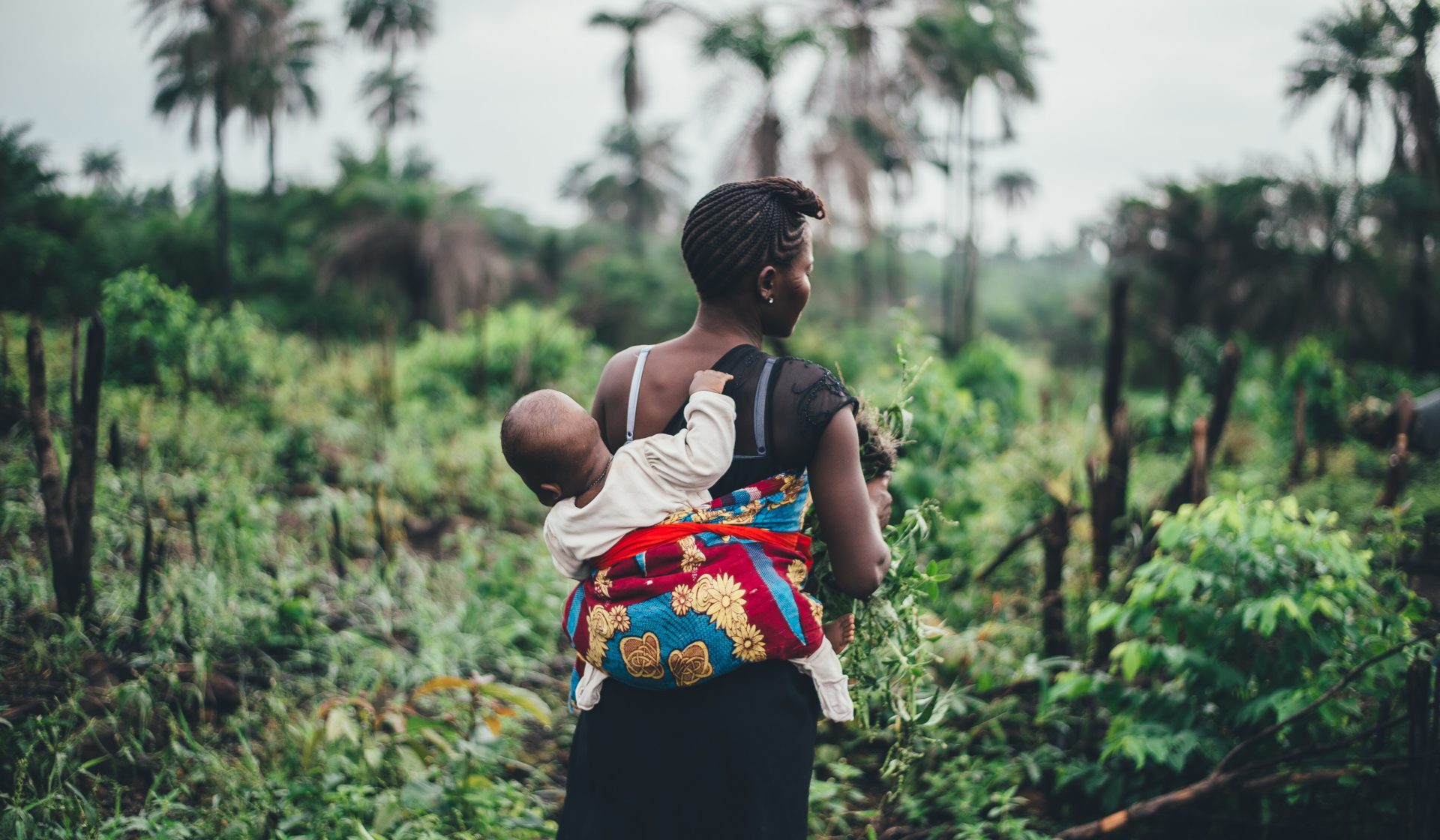The UK must take the lead in providing developing countries with funding to tackle the climate crisis, the UN’s development chief has said.
Ahead of crunch talks at the Cop26 climate summit in November, ministers from around the world are set to meet (virtually of course) this week to discuss emission reduction plans for developing countries.
Hit hardest by an economic fallout spurred by Covid-19, developing countries are bearing the brunt of financial losses set to reach $10 trillion USD by the end of 2021.
In order to show any signs of fiscal recovery in the immediate future, many poorer nations are under pressure to utilise fossil fuels despite knowing that continued use of coal and oil will lock in high emissions for decades to come.
We’re hearing talk of global cooperation in the run up to Cop26, but for those living in developing countries time is at something of a premium. Without immediate support from the west, suspending carbon infrastructures now could lead to complete collapse for the populations most disproportionally affected by climate change.
🗓️ On 31 March
🇬🇧 The UK will host a global event
🌏 To identify practical next steps on priority issues for climate vulnerable countriesLearn more about the Climate and Development Ministerial👇https://t.co/7fBGhi811H#COP26 | #TogetherForOurPlanet pic.twitter.com/XtBxu6LrnA
— COP26 (@COP26) March 24, 2021
Therefore, these early climate talks have been called to ensure funding is available to provide a realistic roadmap for emission reduction in developing nations.
As hosts of the Cop26 summit in Glasgow, the UK government has been told by UN development chief Achim Steiner to take the lead in presenting viable solutions to keep economies afloat whilst making industries sustainable.
Echoing the sentiments of Prince Charles – who recently called for a military-like approach to combat Climate Change – Steiner declared: ‘We need to arrive at a mind-set like the Marshall plan, a bigger vision that we need to recover together, a new investment paradigm for a global economy, not an aid or charity paradigm.’




















